You have not yet added any article to your bookmarks!

Join 10k+ people to get notified about new posts, news and tips.
Do not worry we don't spam!
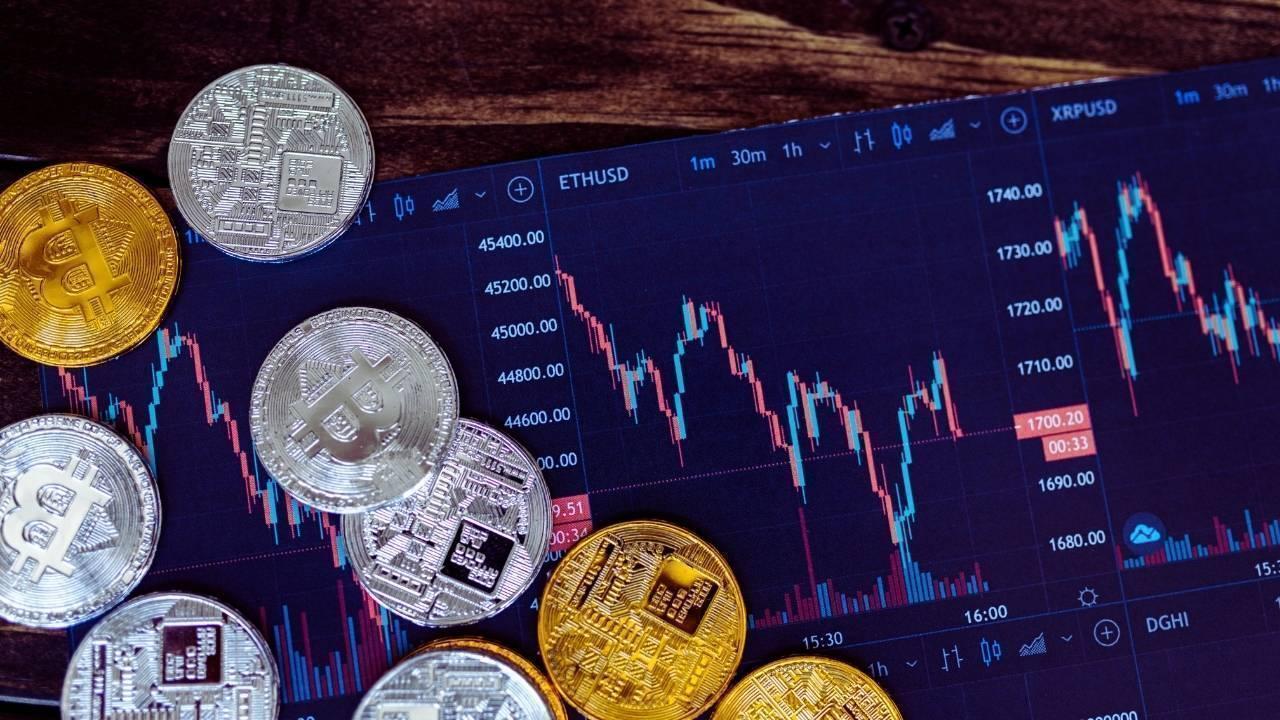
Post by : Anis Farhan
When blockchain first emerged with the launch of Bitcoin in 2009, it was largely dismissed as a niche experiment in digital money. Many thought of it purely as the backbone of cryptocurrencies, associated with speculative trading and volatile markets. However, fifteen years later, blockchain has matured into something much bigger: a foundational technology with applications spreading across industries. From digital identity systems to supply chain management, blockchain is redefining how data is stored, verified, and trusted.
The upswing in blockchain adoption isn’t about hype anymore—it’s about solving real-world problems. Governments, corporations, and institutions are finding ways to use blockchain to bring transparency, efficiency, and trust where traditional systems fall short. In 2025, blockchain is becoming less about crypto speculation and more about practical, secure, and scalable solutions.
One of the most promising applications of blockchain is in digital identification. In today’s interconnected world, proving who you are online is both crucial and complex. Traditional systems rely on centralized databases that are prone to hacks, leaks, and misuse. Blockchain introduces a secure, decentralized way to manage identity.
A blockchain-based digital ID allows individuals to own and control their personal data. Instead of giving out sensitive details to countless platforms, a blockchain ID can verify your credentials without exposing unnecessary information. For instance, you could prove you are above 18 to a service provider without disclosing your full birth date or address.
Countries like Estonia and India are experimenting with blockchain-powered ID frameworks. These systems enhance security, reduce bureaucracy, and give citizens greater control over how their data is used. In the coming years, digital IDs could streamline everything from opening bank accounts to international travel, making borderless identity a practical reality.
Global supply chains are vast, complex, and often opaque. From food to fashion, products pass through multiple hands before reaching consumers. Traditional tracking systems leave room for fraud, inefficiency, and ethical blind spots. Blockchain changes this by creating an immutable, transparent record of every step in a product’s journey.
Imagine buying coffee and scanning a QR code on the package that reveals exactly where the beans were grown, how they were processed, and who handled them at each stage. This is not futuristic—it’s already happening with blockchain pilots in agriculture and retail. Companies like Walmart and Nestlé have tested blockchain to track food products, ensuring authenticity and safety.
Beyond consumer trust, blockchain supply chains help businesses detect inefficiencies, reduce costs, and improve compliance. Governments are also looking at blockchain to fight counterfeit goods, which account for billions in annual losses globally. In a world increasingly concerned with ethical sourcing and sustainability, blockchain supply chains could become the norm rather than the exception.
Healthcare is another area where blockchain’s potential is rising. Patient records are often scattered across hospitals, labs, and clinics, making access cumbersome and sometimes life-threatening in emergencies. Blockchain offers a way to unify records securely while keeping patients in control.
Through blockchain, medical histories can be stored on a distributed ledger that only authorized parties can access. Patients could give temporary access to doctors, insurers, or pharmacists without fear of misuse. Moreover, blockchain could streamline medical research by allowing anonymized data sharing while preserving privacy.
In 2025, several countries are piloting blockchain-based healthcare records, aiming to reduce duplication, fraud, and errors in patient data. As healthcare goes digital, blockchain ensures that sensitive information remains secure while still being accessible when it matters most.
While cryptocurrencies remain blockchain’s most well-known use case, the finance sector is now exploring deeper possibilities. Central Bank Digital Currencies (CBDCs), for example, are being developed by countries like China, the European Union, and India. These government-backed digital currencies use blockchain to ensure secure, efficient, and transparent transactions.
In addition, blockchain is improving cross-border payments. Traditional systems often take days and involve high fees due to intermediaries. Blockchain-powered networks allow for near-instant international transfers with significantly lower costs.
The rise of “decentralized finance” (DeFi) also showcases blockchain’s disruptive potential. From lending platforms to insurance, DeFi applications allow people to transact without relying on traditional banks. While risks remain, the innovation signals how blockchain is reshaping finance on a global scale.
Fake degrees and inflated resumes are a growing global concern. Blockchain is providing a solution by enabling tamper-proof educational credentials. Universities and institutions can issue diplomas on blockchain, ensuring authenticity and making it easy for employers to verify qualifications.
Students also benefit by having lifelong access to their verified academic history. This cuts down on the paperwork and delays often faced during job applications or international education transfers. By 2030, blockchain could be the global standard for verifying skills and educational achievements.
Sustainability is no longer a buzzword—it’s a necessity. But how do we verify if a product is truly eco-friendly? Blockchain provides a transparent ledger for carbon credits, renewable energy usage, and sustainable certifications.
Companies can log their carbon offset activities on blockchain, making it harder to greenwash. Consumers, investors, and regulators gain a clear picture of whether businesses are genuinely meeting their sustainability pledges. This shift could drive accountability in global climate efforts.
The legal world is also embracing blockchain through smart contracts. These are self-executing agreements with terms written into code. Once conditions are met, the contract automatically executes, reducing the need for intermediaries.
Smart contracts are being tested in real estate, insurance, and even entertainment royalties. They promise faster, cheaper, and more transparent legal transactions, although they also raise questions about regulation and dispute resolution.
Despite its promise, blockchain is not without challenges. Energy consumption, especially in proof-of-work systems, remains a concern. While newer models like proof-of-stake are more efficient, the environmental debate continues.
Scalability is another issue. Large-scale blockchain adoption requires systems that can handle millions of transactions quickly, something traditional blockchains struggle with. Regulatory uncertainty also looms large—governments are still figuring out how to balance innovation with oversight.
Lastly, the complexity of blockchain technology creates barriers to widespread adoption. For it to become mainstream, blockchain systems need to be user-friendly and integrated into existing infrastructure seamlessly.
In 2025 and beyond, blockchain is expected to fade from the background as a buzzword and instead become a natural part of everyday life. From using digital IDs to board flights, to scanning products for ethical sourcing, to accessing secure medical records, blockchain’s influence will be subtle yet profound.
As industries adopt blockchain at scale, we may soon reach a point where the technology is no longer discussed separately but simply embedded in the fabric of how the world works.
Blockchain’s story has moved beyond cryptocurrency speculation into a narrative of transformation. Its ability to build trust, secure data, and streamline processes is revolutionizing multiple sectors. While challenges exist, the global upswing in blockchain applications proves that the technology is not a passing trend but a foundational pillar of the digital future.
The question is no longer whether blockchain will matter—it’s how fast it will become part of everything we do.
This article is for informational purposes only. It does not offer financial, legal, or investment advice. Readers should conduct their own research before making decisions based on blockchain technology.
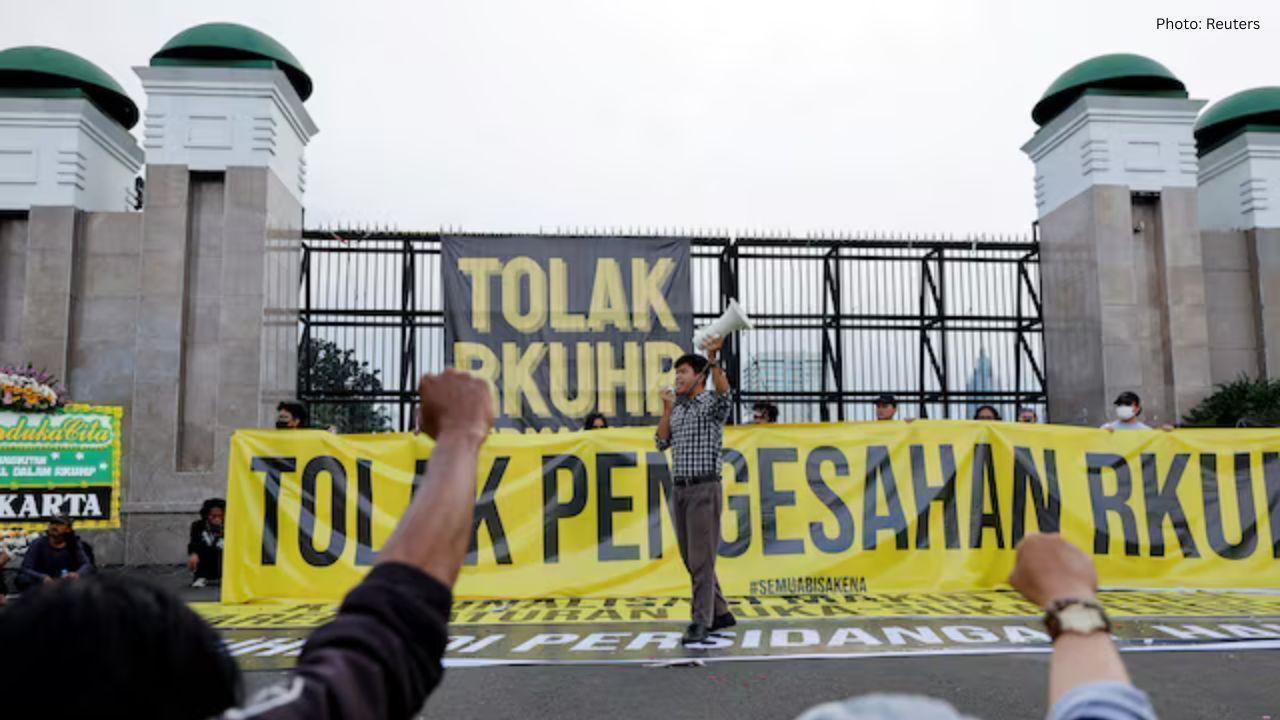




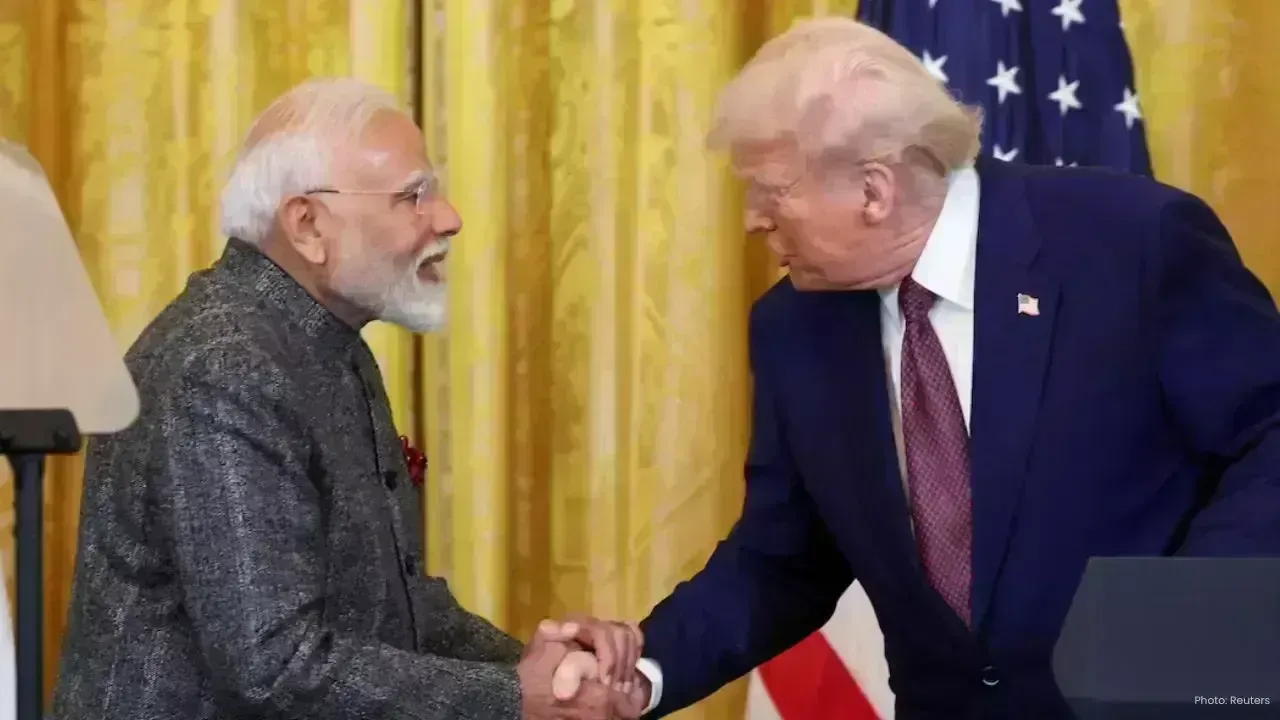
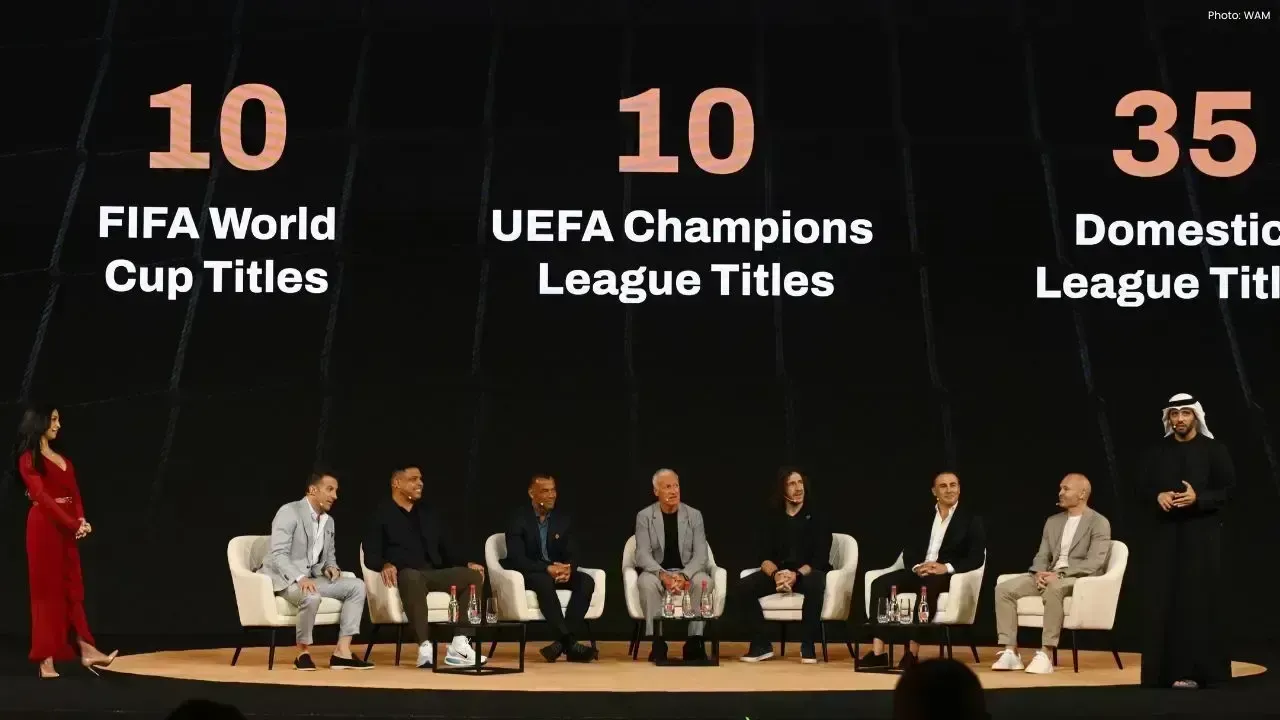

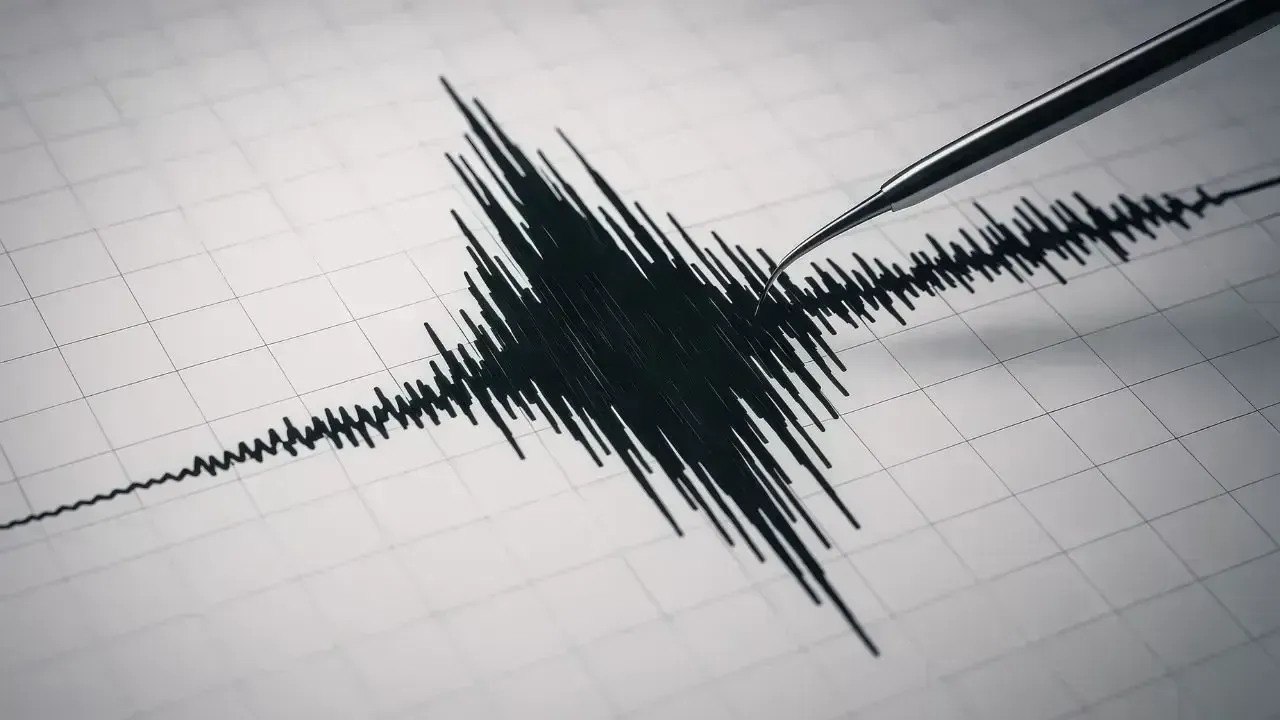

China Claims India-Pakistan Peace Role Amid India’s Firm Denial
China claims to have mediated peace between India and Pakistan, but India rejects third-party involv

Mel Gibson and Rosalind Ross Split After Nearly a Decade Together
Mel Gibson and Rosalind Ross confirm split after nearly a year. They will continue co-parenting thei

Rashmika Mandanna, Vijay Deverakonda Set to Marry on Feb 26
Rashmika Mandanna and Vijay Deverakonda are reportedly set to marry on February 26, 2026, in a priva

FIFA Stands by 2026 World Cup Ticket Prices Despite Fan Criticism
FIFA defends the high ticket prices for the 2026 World Cup, introducing a $60 tier to make matches m

Trump Claims He Ended India-Pakistan War, Faces Strong Denial
Donald Trump says he brokered the ceasefire between India and Pakistan and resolved eight wars, but

Two Telangana Women Die in California Road Accident, Families Seek Help
Two Telangana women pursuing Master's in the US died in a tragic California crash. Families urge gov